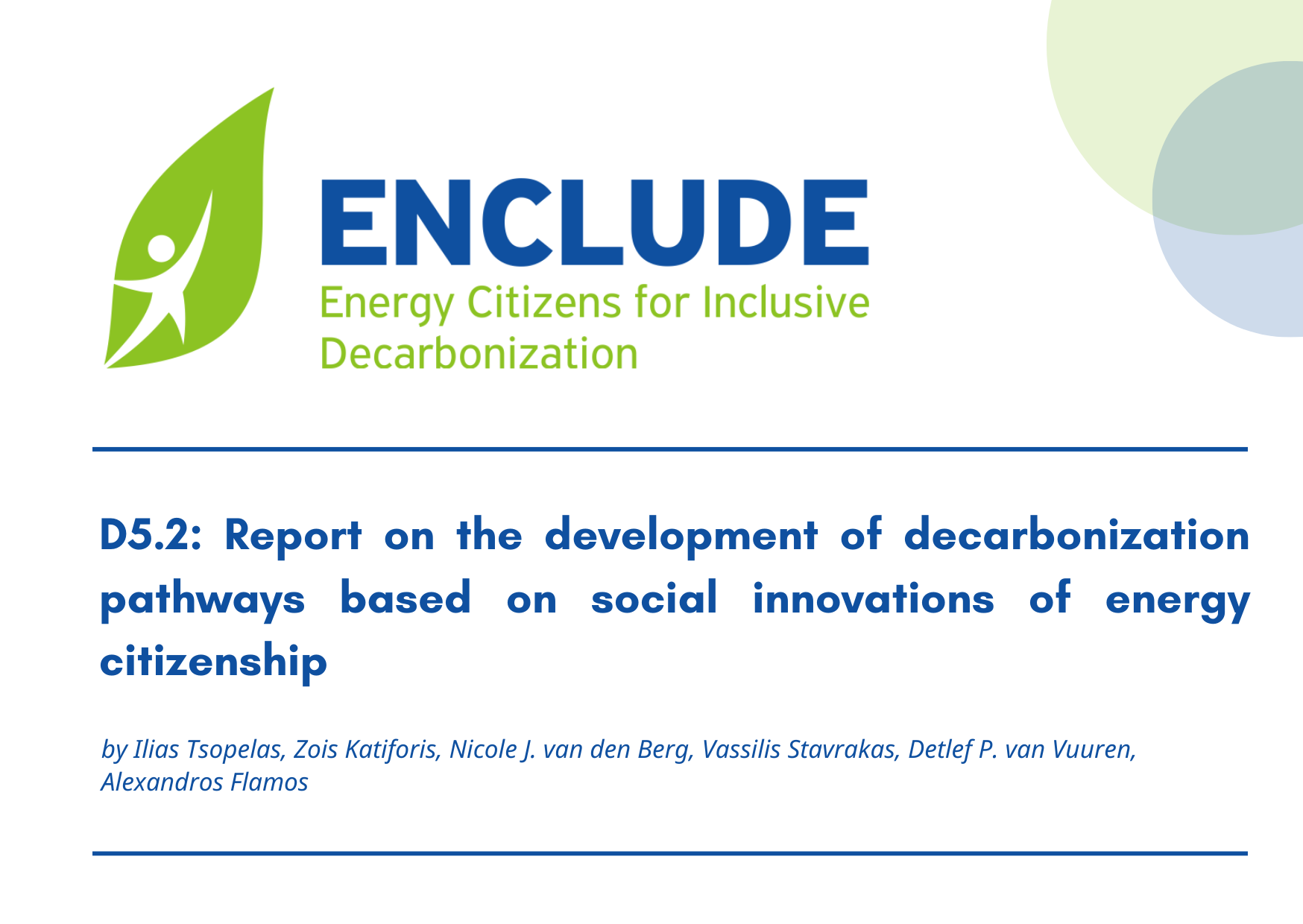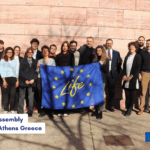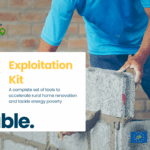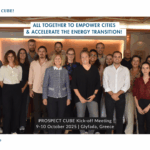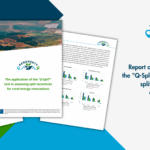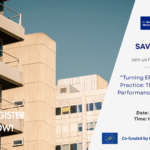Our new report entitled “Report on the development of decarbonization pathways based on social innovations of energy citizenship”, produced within the context of the European Commission-funded Horizon 2020 project ENCLUDE, has been published!
The aim of this report is to strive for the development of a comprehensive set of narratives and scenarios that will be used in the upcoming modeling exercises to produce outcomes related to the assessment of the decarbonization potential of the energy citizenship concept.
In order to reach this goal, the literature around the development of decarbonization narratives and scenarios was explored, using as a starting point insights from the Intergovernmental Panel on Climate Change (IPCC) Special Report on Global Warming of 1.5°C (SR1.5) and the concept of Shared Socioeconomic Pathways (SSPs) to produce the most up-to-date and policy-relevant evidence on the contribution of energy citizenship in reaching climate neutrality.
Based on the 5 SSPs, three narratives were formulated, which describe future systemic changes of the society and economy in general, providing with “future worlds” that will be inhabited by citizens:
- “A unified world” (Citizens at the core of the energy transition, inclusive development).
- “A fragmented world” (Regional conflicts, countries prioritize domestic issues).
- “A familiar world” (Reference narrative).
In parallel, the report brought the citizens to the forefront with the aim of also building “people-centric” narratives, based on energy citizenship trends & patterns previously identified:
- “Power to the People” (Active participation in the energy market).
- “Band Together” (Collective expressions of energy citizenship).
- “Habitual Creatures” (Actions towards energy efficiency).
- “People to the Streets” (Political activities).
- “Business as usual” (Reference narrative).
Finally, as a next step, and through the combination of “future worlds” and “people-centric” narratives, specific quantitative scenarios will be modeled with the use of the ENCLUDE modeling ensemble, i.e., the Agent-based Technology adOption Model (ATOM), the Dynamic high-Resolution dEmand-sidE Management (DREEM) model, and the Integrated Model to Assess the Global Environment (IMAGE).
Read the full report here.
For more information about ENCLUDE visit here!

